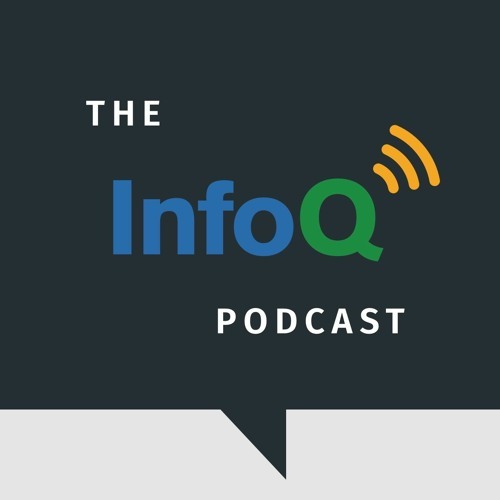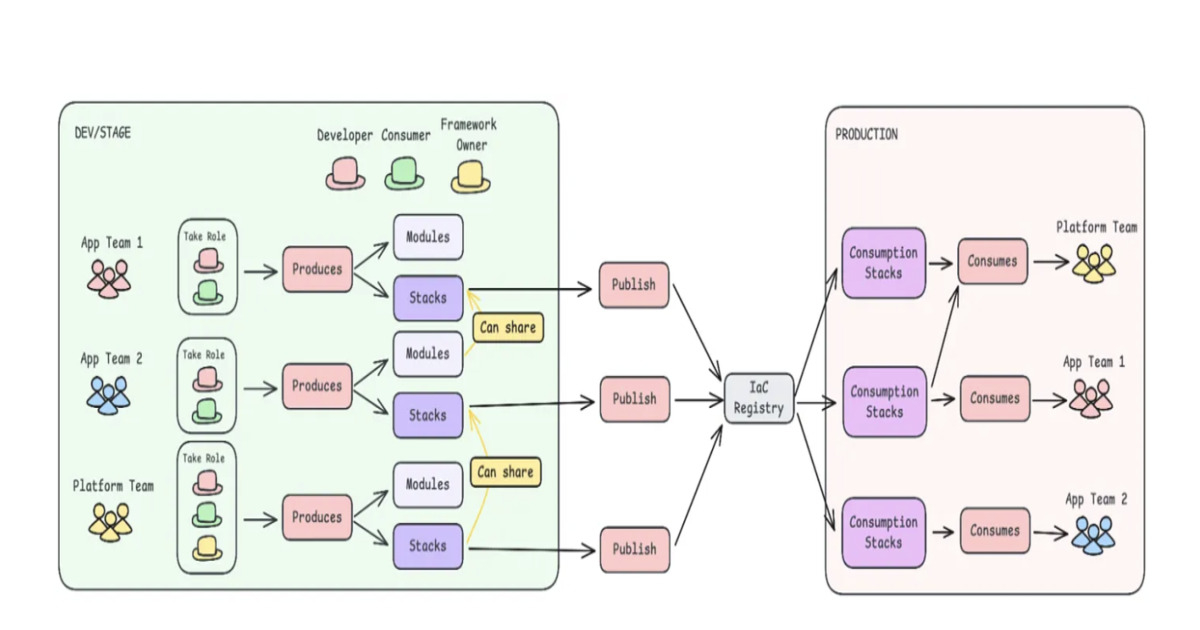Codetown
Codetown ::: a software developer's community
Android Class at Valencia College
We are having an Android App Development class at Valencia starting in August (East campus). It is COP 2660, and has a pre-requisite of COP2800 Java Programming, or permission of instructor. There are some seats left, so I thought I would put it up here for the community - albeit a very quiet community :)
If you are interested in iOS programming, we are also having one of those on West campus with a few seats left. You need to ahve any OO programming language to get into that one.
Let me know if you have any questions about these.
Cheers,
Colin Archibald
Tags:
Replies to This Discussion
-
Permalink Reply by John Considine on July 25, 2012 at 9:41am
-
Hello Colin: Thanks for the putting this up. Do you have a link to the course or will you provide the name of the course and area it is under on the VCC site.
-
-
Permalink Reply by Colin Archibald on July 25, 2012 at 1:24pm
-
Well, here's what I have:
COP 2660 Android App Development
CRN 17453
Thursday Nights 7:00-9:45PM East Campus (one meeting per week)
Aug 30 - Dec 13, 2012
Here is the catalog course description:
Hands-on application development for Android devices. Android apps will be written in Java, and execute in an emulator. Topics include the application architecture, user interface, data persistence, graphics, multimedia, and location-based services. Advanced apps will communicate with device sensors including the accelerometer, microphone and camera. The business of app development is explored, including distributing and marketing in the Android Market. Owning an Android device is not required.
-
-
Permalink Reply by Jackie Gleason on January 31, 2013 at 3:10pm
-
Did you guys do anything on NDK? Any chance of sharing your course material I would be interested in reading it.
BTW it is awesome that they are doing this a Valencia!
Colin Archibald said:Well, here's what I have:
COP 2660 Android App Development
CRN 17453
Thursday Nights 7:00-9:45PM East Campus (one meeting per week)
Aug 30 - Dec 13, 2012
Here is the catalog course description:
Hands-on application development for Android devices. Android apps will be written in Java, and execute in an emulator. Topics include the application architecture, user interface, data persistence, graphics, multimedia, and location-based services. Advanced apps will communicate with device sensors including the accelerometer, microphone and camera. The business of app development is explored, including distributing and marketing in the Android Market. Owning an Android device is not required.
-
Notes
Welcome to Codetown!
 Codetown is a social network. It's got blogs, forums, groups, personal pages and more! You might think of Codetown as a funky camper van with lots of compartments for your stuff and a great multimedia system, too! Best of all, Codetown has room for all of your friends.
Codetown is a social network. It's got blogs, forums, groups, personal pages and more! You might think of Codetown as a funky camper van with lots of compartments for your stuff and a great multimedia system, too! Best of all, Codetown has room for all of your friends.
Created by Michael Levin Dec 18, 2008 at 6:56pm. Last updated by Michael Levin May 4, 2018.
Looking for Jobs or Staff?
Check out the Codetown Jobs group.
InfoQ Reading List
Presentation: What I Wish I Knew When I Started with Green IT

Ludi Akue discusses how the tech sector’s rising emissions impact our global climate goals. Drawing from her experience as a CTO, she explains seven key lessons for implementing Green IT. She shares insights on LCA assessments, the paradox of microservices, and why FinOps doesn’t always equal green.
By Ludi AkueVue Router 5: File-Based Routing Into Core with No Breaking Changes

Vue Router 5.0 has integrated unplugin-vue-router into its core, enhancing file-based routing and TypeScript support. This transition release boasts no breaking changes, simplifies dependencies, and introduces experimental features like data loaders and improved editor tooling. Ideal for Vue.js developers, it positions itself as a bridge to the upcoming ESM-only version 6.
By Daniel CurtisPodcast: [Video Podcast] AI Autonomy Is Redefining Architecture: Boundaries Now Matter Most

This conversation explores why generative AI is not just another automation layer but a shift into autonomy. The key idea is that we cannot retrofit AI into old procedural workflows and expect it to behave. Once autonomy is introduced, systems will drift, show emergent behaviour, and act in ways we did not explicitly script.
By Jesper LowgrenGoogle Launches Automated Review Feature in Gemini CLI Conductor

Google has enhanced its Gemini CLI extension, Conductor, by adding support for automated reviews. The company says this update allows Conductor "to go beyond just planning and execution into validation", enabling it to check AI-generated code for quality and adherence to guidelines, strengthening confidence, safety, and control in AI-assisted development workflows.
By Sergio De SimoneFrom Central Control to Team Autonomy: Rethinking Infrastructure Delivery

Adidas engineers describe shifting from a centralized Infrastructure-as-Code model to a decentralized one. Five teams autonomously deployed over 81 new infrastructure stacks in two months, using layered IaC modules, automated pipelines, and shared frameworks. The redesign illustrates how to scale infrastructure delivery while maintaining governance at scale.
By Leela Kumili
© 2026 Created by Michael Levin.
Powered by
![]()